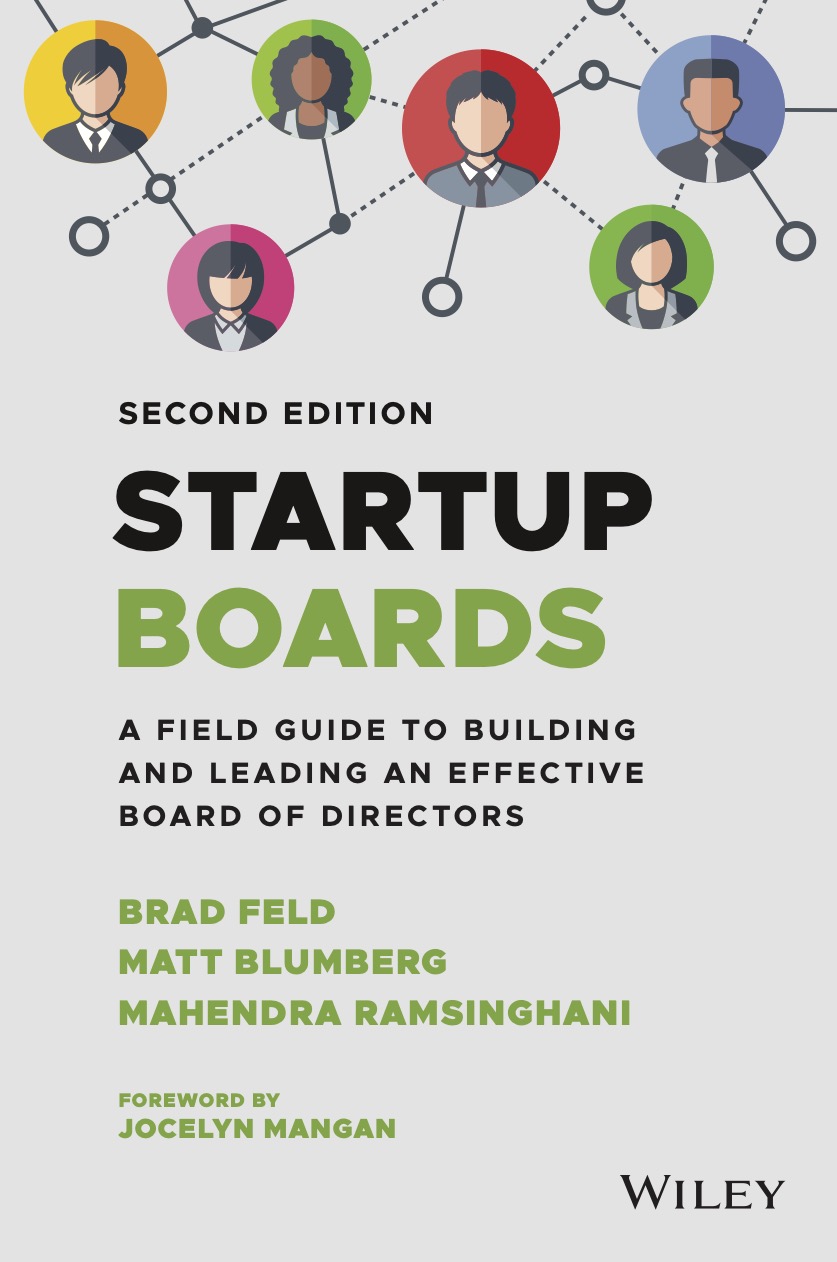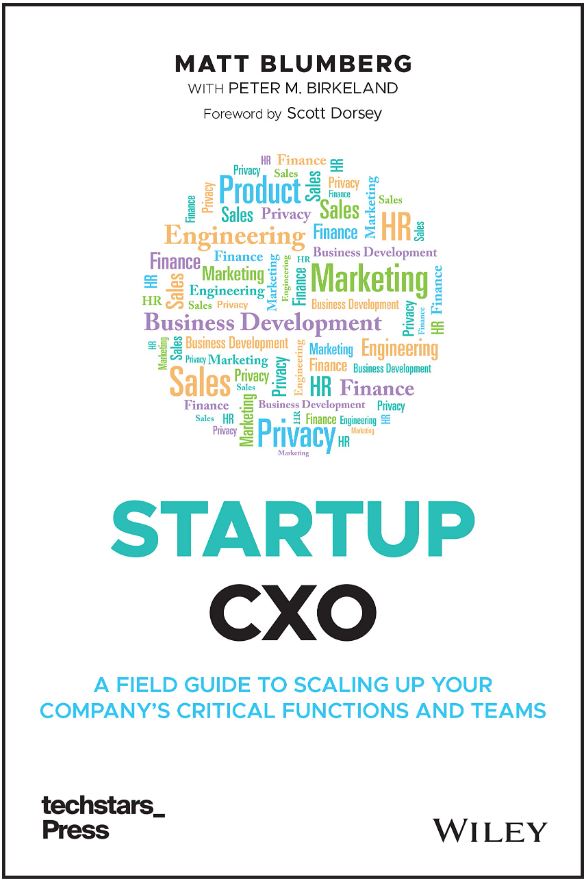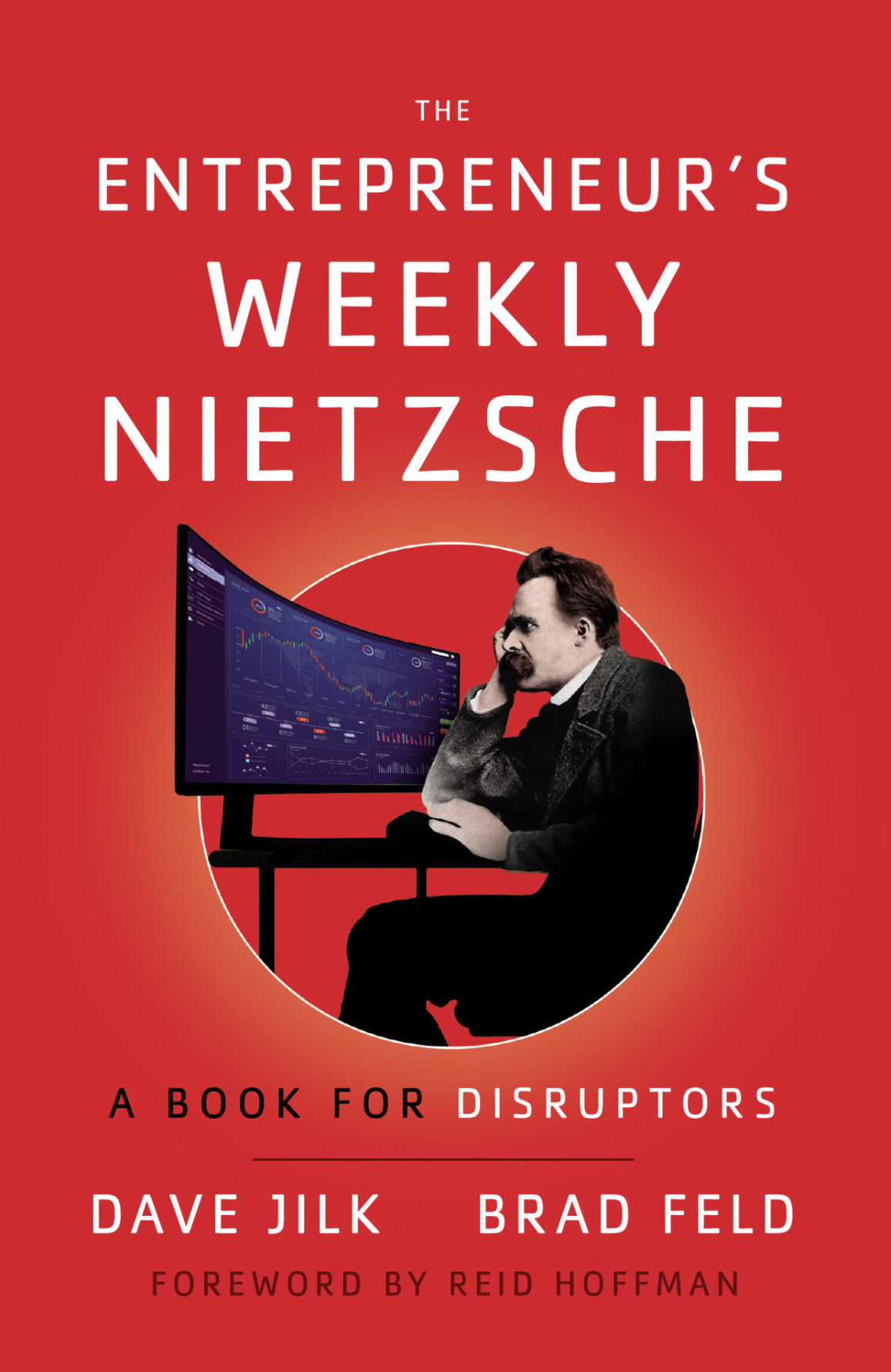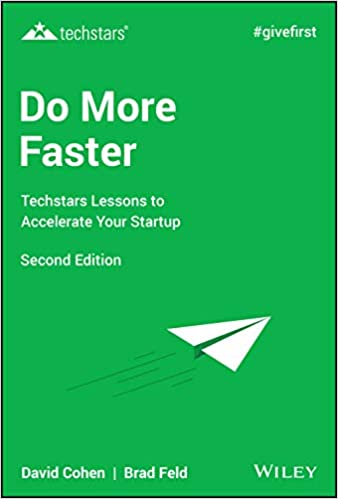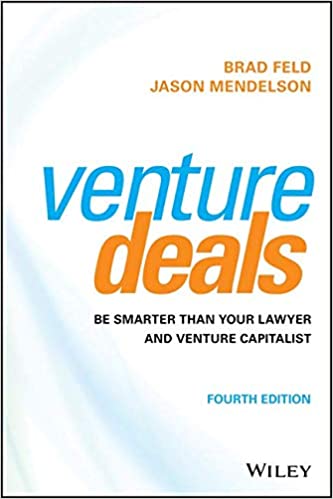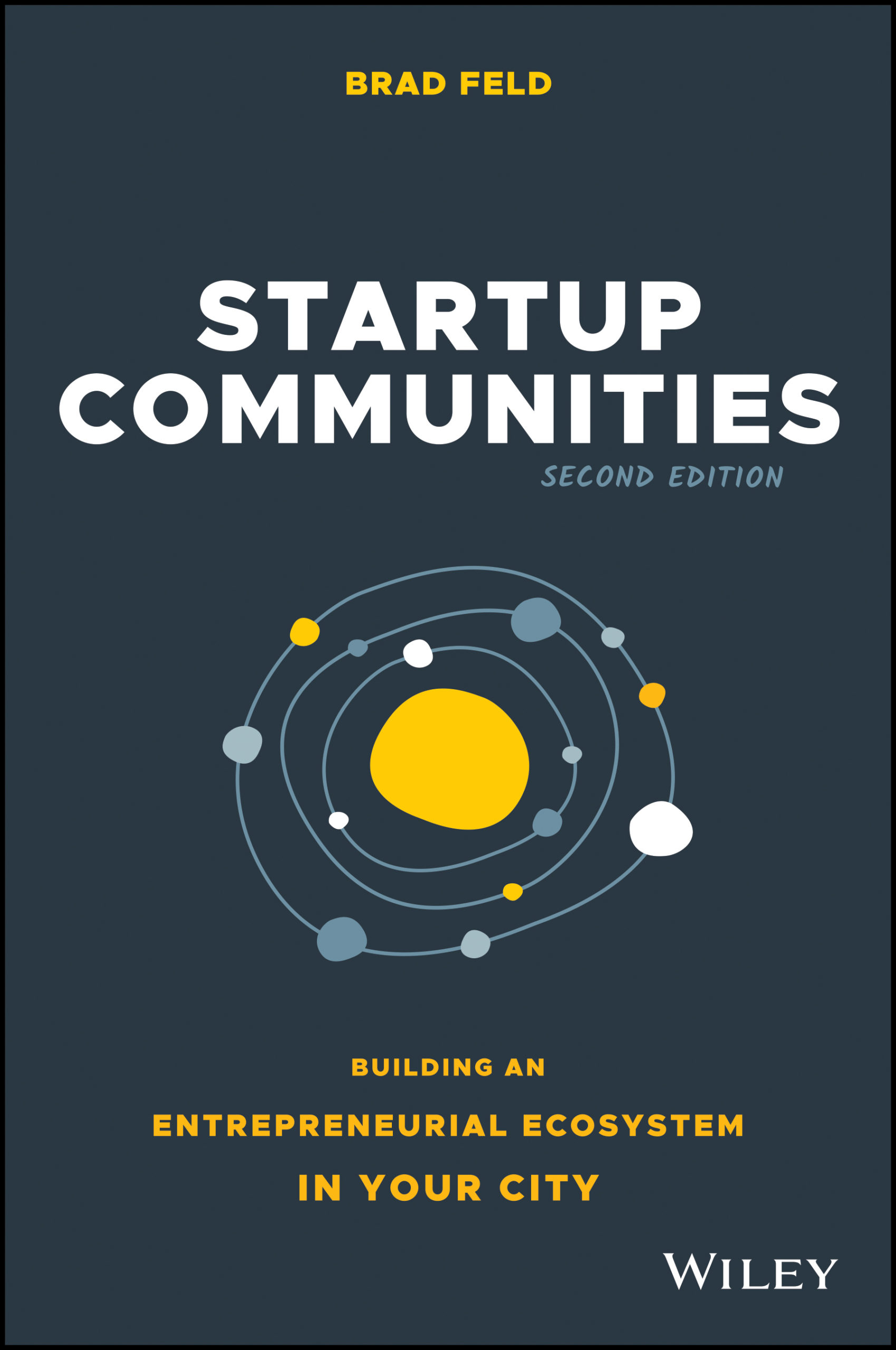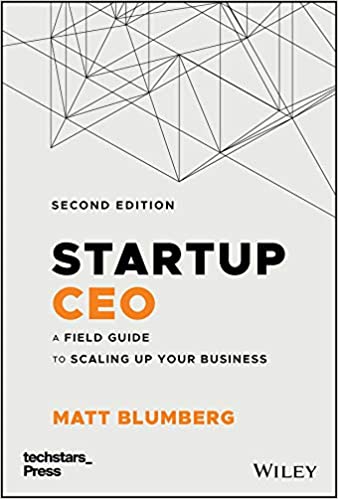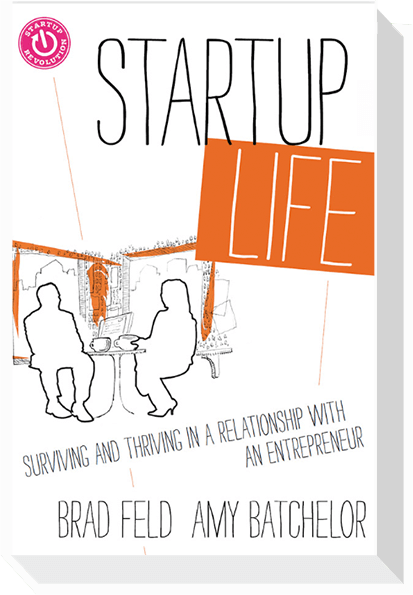What Do You Do With Your Community Bully?
Just about every city has one, what options do you have?
It turns out that startup communities are no different than any other community; there are good actors and bad actors. One of the bad actors I label as the community bully. In this day of #metoo it should not surprise anyone that startup communities have the same type of bad actor.
There is no room for the community bully in the same way there is no room for the gender, racial, sexual preference bully.
The one definition of a bully that I prefer is a person who, “uses superior strength or influence to intimidate (someone), typically to force him or her to do what one wants.” In startup communities, it is the influence that bully’s use to intimidate.
Some examples of startup community bullies include:
- Investors who use their monetary power to extract outrageous terms and unproductive behaviors from founders,
- Entrepreneurial leaders (and their organizations) who force entrepreneurs to secure real estate (office space) to get access to their organization,
- Advisors or mentors who only share their experience and network through a “pay to play” arrangement,
- The grizzled business or government leader who hoards information, convenes secret meetings and generally exhibits “old-boys club” behaviors,
- Corporate executives who bring their old-school corporate aggressiveness (compete, shouting, take-no-prisoners) to their interactions with new founders.
Community building is more art than science. It is more support than burn bridges. Great communities recycle people every day. Bully new founders and they will find a new place to start their company. The best entrepreneurs quickly recognize bully behavior and vote with their feet. No entrepreneurs – – no entrepreneurial community.
So, what to do with your community bully?
Cut off their access to the community. Investors need deal flow, stop making introductions. Create alternative co-working arrangements with companies that have some extra space. Stop inviting them to meetings. Don’t put them on a panel or invite them to speak to your program. Establish a code of conduct amongst the good actors and share that across the community through social media.
Good actor leaders also hold responsibility to privately address the bully one-on-one. Though this feels confrontational, the spirit of the conversation should be more like, “we need you as an integral part of our community but not the way you are doing it today”.
